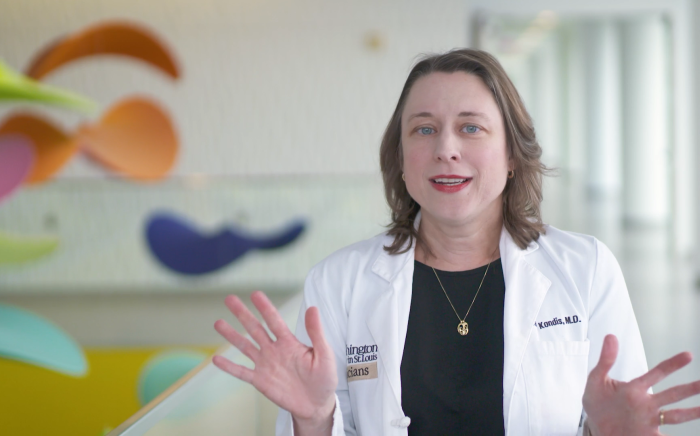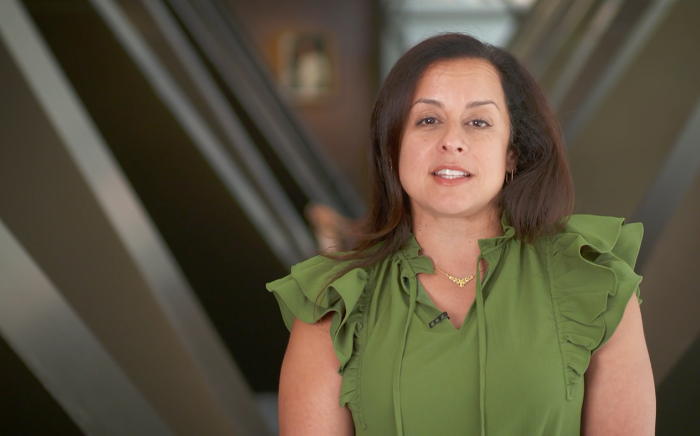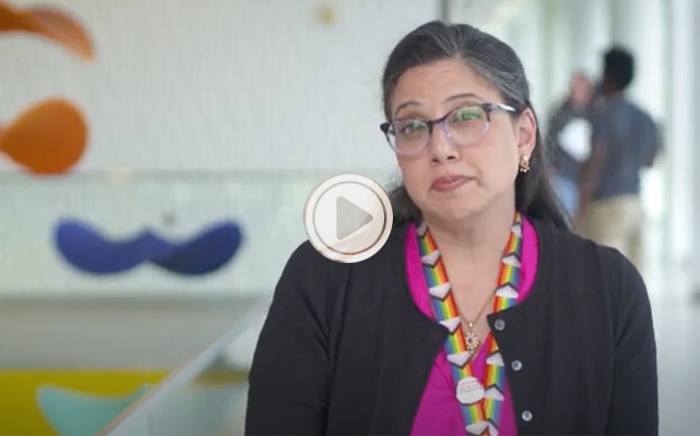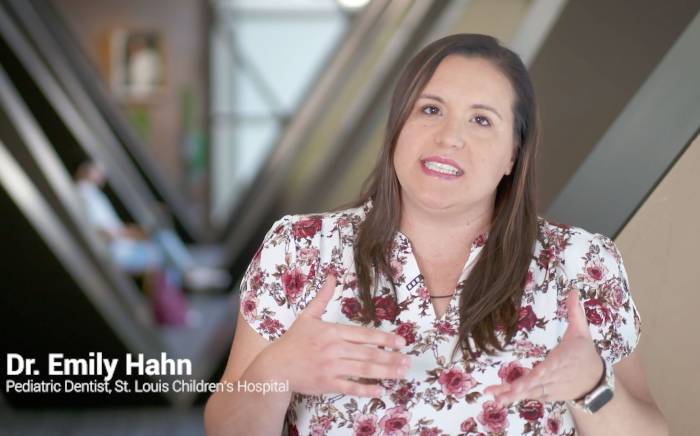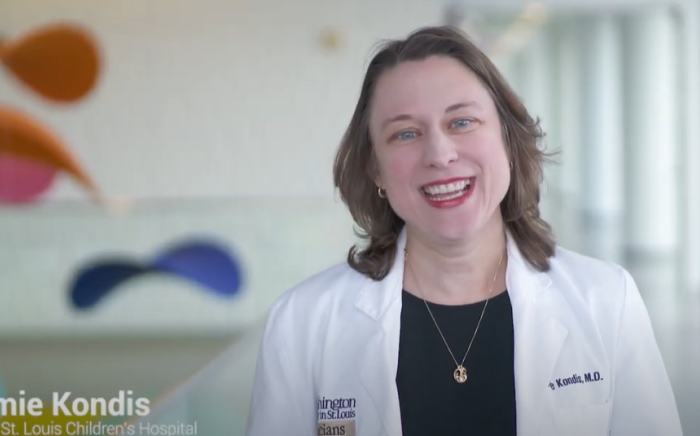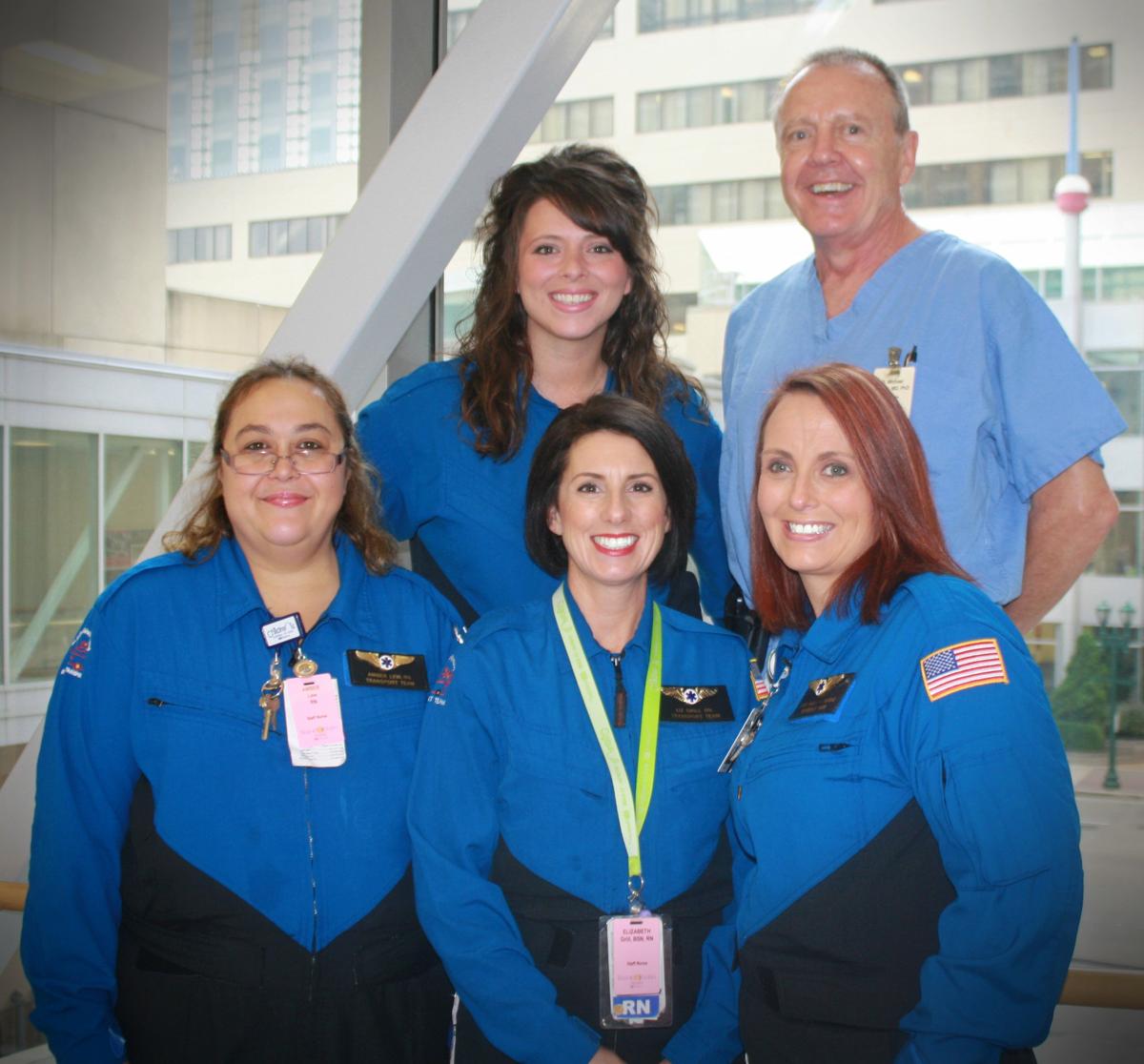 Since launching four years ago, the St. Louis Children’s and Barnes-Jewish hospitals maternal-fetal transport service has made more than 1,000 trips by ground or air to ensure the safe transport of pregnant women from a multi-state area who require specialized care.
Since launching four years ago, the St. Louis Children’s and Barnes-Jewish hospitals maternal-fetal transport service has made more than 1,000 trips by ground or air to ensure the safe transport of pregnant women from a multi-state area who require specialized care.
“St. Louis Children’s Hospital and Barnes-Jewish Hospital are both known for their outstanding neonatal and high-risk obstetrical care, respectively,” says Scott Saunders, MD, PhD, medical director of the transport team and a neonatologist in the division of newborn medicine. “The ability to leverage these two areas of strength together into a collaborative maternal-fetal transport team is the key reason this program has been so successful from its inception.”
Available 24 hours a day, seven days a week, maternal-fetal transport team members include a BJH high-risk obstetrical nurse, an SLCH nurse and paramedic trained and experienced in neonatal care, and a pilot if an aircraft is required.
Transport is provided by ground or air via one of four mobile intensive care units (MICUs), the KidsFlight 1 and 2 helicopters, or KidsFlight 3, a fixed-wing aircraft.
Referring physicians and hospitals activate the team through the maternal-fetal transport call center.
“The combination of skill sets from our team is definitely unique,” says Brandie Tieken, RN, BSN, C-NPT, clinical nurse manager of the critical care transport team. “From the very first intake call, there is opportunity for discussion between both maternal-fetal medicine and NICU physicians to ensure the choice to transport mom or deliver baby and transport baby is explored and the safest decision is made.”
Both Dr. Saunders and Tieken agree the program’s success is due to the caliber of the transport team and its collaboration with the high-risk OB and neonatal specialists from both hospitals.
“The maternal-fetal transport team is unique both regionally and nationally based on our standard team composition, including both a Children’s neonatal and a Barnes-Jewish high-risk OB nurse,” Dr. Saunders says. “Including neonatal nursing expertise on the team affords us the ability to provide all of the potential care needs of both mother and baby, including resuscitation and stabilization of the neonate, should delivery occur at the referring hospital prior to transfer.”
Tieken credits the success of the transport team to its willingness to trust each other’s level of knowledge.
“We are so lucky to have a great group of clinicians who are committed to safety and the provision of a superior patient experience,” Tieken says. “This is evidenced every day in their interactions with one another, with referring hospitals and with their patients. We love to see great outcomes in our moms and babies. When families come back to share their stories of success and gratitude, there is no greater reward.”
For more information about the critical care transport team, call Children’s Direct at 800.678.HELP (4357).




